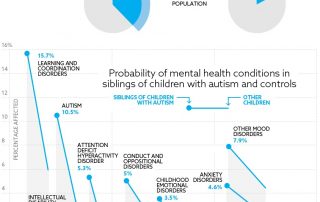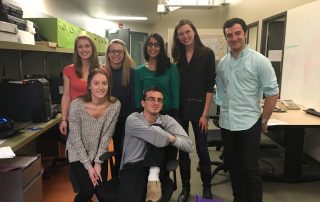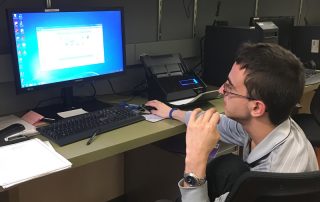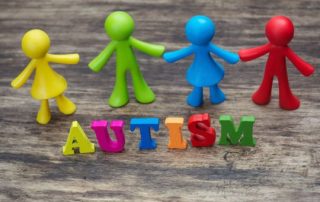July was Fragile X Awareness Month!
In the last year our lab has teamed with the Heartland Fragile X Alliance to fundraise and help spread awareness of fragile X related conditions by participating in the National Fragile X Foundation’s Let 'em know 5k run/walk event. We are also excited to celebrate Awareness Month by attending the 15th International Fragile X Conference this July, in San Antonio. [...]










